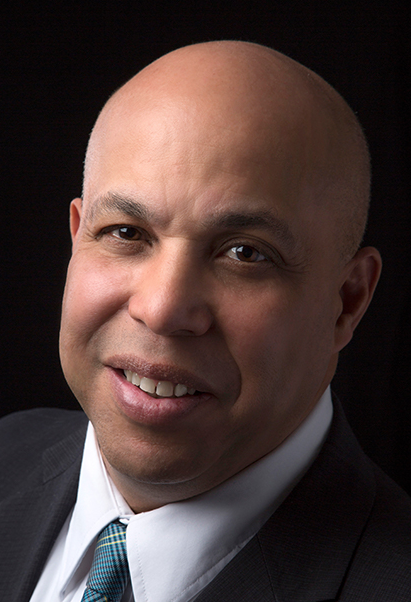Duff: U.S. v. Washington No. 2 Post on the Oral Argument
Friday, April 22, 2022 | 0
I have posted a recap of the Hanford oral argument on the SCOTUS blog:

Michael C. Duff
It might not be easy to get to the merits of United States v. Washington. A funny thing happened on the way to oral argument: The State of Washington modified the 2018 workers’ compensation law at the center of the case, raising the prospect that there is no longer a live dispute for the justices to resolve.
The state’s old law, HB 1723, was aimed at federal contract workers who got sick after helping clean up the Hanford nuclear site in southern Washington. It created a presumption that certain conditions suffered by those workers were “occupational diseases.” The new law, SB 5890, expanded the presumption beyond federal workers; the presumption now applies to “all personnel working at a radiological hazardous waste facility.” Because the merits of the case concern whether Washington can constitutionally discriminate against federal contractors by utilizing a causation standard making it easier for those employees to obtain workers’ compensation awards (with the federal government as de facto self-insurer of the awards), a problem of mootness arose. Discrimination — if that is what it was — ceased to exist as soon as the new law took effect on March 11, 2022.
Still, as discussed at length during Monday’s argument, the two statutes might not be coextensive in the benefits they offer to covered workers. As Justice Clarence Thomas observed, some statutory beneficiaries under the old law might prefer its protections. Some workers engaged in arguably less hazardous work may have been covered under that law but not under the new law. If some workers’ compensation claims remain live under the old law, then the case might not be moot after all. But Tera Heintz, arguing for Washington, assured the justices that the new law eliminates that possibility because it applies retroactively. The result, Heintz said, is that the 66 pending claims and 140 closed claims are now governed exclusively by the new law. To the extent the United States seeks declaratory and injunctive relief from the old law, no such relief could be available.
The rest of the post is here.
Michael C. Duff is a professor of law at the University of Wyoming College of Law. This entry is republished from the Workers' Compensation Law Professors blog, with permission.







Comments